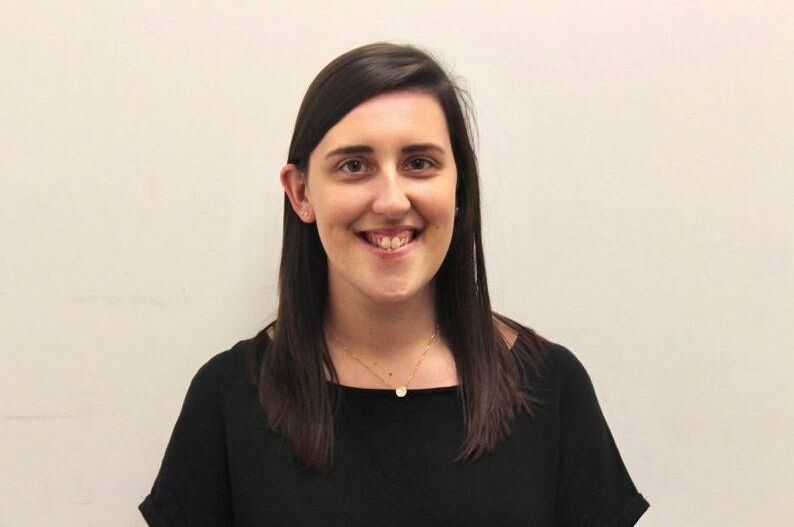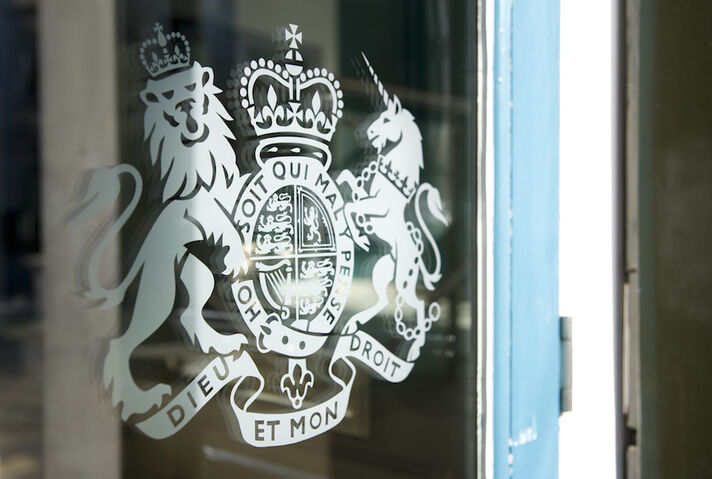Modern Slavery
Targeted for sex and made homeless: Homes for Ukraine failing refugees

Press Release | UK Ministers are being urged to address problems with the Homes for Ukraine scheme, after serious safeguarding failures.
The flagship scheme, announced in the first half of March, allows Brits to help refugees by hosting them in their homes, with financial support from the state.
However, alarming reports have emerged of Ukrainian refugees being targeted by predatory men and left homeless after relationships with hosts soured.
Trafficking charities have also warned of a heightened risk of exploitation, given the limited nature of checks in place after a refugee has settled in the UK.
Government guidance for councils in England provides limited advice on safeguarding but lacks detail on ensuring welfare in the longer term.
The Scottish and Welsh Governments have forged a slightly different approach, with the Scottish framework more stringent in some respects than England.
Problems apparent
Social policy charity CARE raised the alarm about a human trafficking threat in the first days after Russia’s invasion of Ukraine.
It has since been monitoring implementation of the Homes for Ukraine scheme, fearing the "well-meaning but rushed" policy would encounter issues.
Lauren Agnew, trafficking policy expert at the charity said problems with the scheme have become “increasingly apparent”.

“The idea of Homes for Ukraine is undeniably laudable but as the weeks have passed, problems have become increasingly apparent", Ms Agnew said.
"We warned that people with malign intentions will use the scheme to exploit women and children. Reports of men propositioning Ukrainian women, both online and after they have been placed, confirm our fears.
“We also remain concerned that criminal networks engaged in trafficking and commercial sexual exploitation will be viewing the influx of vulnerable, displaced people as an opportunity to recruit new people to exploit.
"Refugees who have been made homeless will be particularly vulnerable to gangs offering them a place to stay before forcing them into modern slavery, whether agricultural labour, domestic servitude, county lines activity, or the sex trade."
Women preyed on
In April, The Times highlighted breakdowns in relationships between sponsors and refugees including instances of women being propositioned by single men.
A whistleblower with knowledge of the scheme told the BBC in some local authorities, as many as 30% of would-be sponsors are single men over 40.
The majority of these men are offering to host single women in their 20s and 30s. Although the government says it does not recognise those figures.
The UN's refugee agency, the UNHCR, has called for more "adequate safeguards and vetting measures", and suggested women not be placed with single men
Ms Agnew added:
“The government must improve checks on potential hosts and ensure woman and children are not placed in danger. Experts have questioned the wisdom of placing women with single male hosts given reports of predatory behaviour. A review of this policy is needed.“Ministers also need to work with social media platforms to curb unofficial groups designed to match up refugees with hosts. Some groups are undoubtedly benign, but others are not and the way they work creates opportunities for exploitation.
"Mistakes have been made, and cannot be reversed. The most important thing the government can do now is ensure that more mistakes are not made in future. We cannot allow the double injustice of letting down those we have pledged to help."
Joined-up approach needed

Ms Agnew also called for a “joined-up approach” to safeguarding across councils in England, to ensure the best outcomes for refugees. She said:
“It is essential that authorities across the country have a joined-up approach to safeguarding. This means a universal standard of checks on hosts and their guests, by those who know how to spot problems, including the subtle signs of exploitation.
“The fact that Ukrainians in the UK are finding themselves homeless shows not all local authorities are prepared for this scheme. It is the responsibility of central government to ensure best practice across the board, to ensure unacceptable failures don’t happen.
“An agreed standard on the nature and frequency of checks should be applied across England, and mirrored in Scotland, Wales and NI.”
CARE is calling for several changes to resolve problems including:
- Mandatory enhanced DBS checks on all potential hosts
- A review of the policy of placing women refugees with single male hosts
- A mandatory number of follow-up welfare visits by every local authority
- Stipulations on what follow-up visits look like, based on expert input
- A crackdown on unofficial social media 'matching' groups
ENDS
Notes for Editors
Christian Action Research and Education (CARE) provides analysis of social policy from a Christian perspective. For more information or to request an interview, contact press@care.org.uk
More on CARE's trafficking work
Homes for Ukraine trafficking threat | CARE (22 March 22)
Concern over homes for refugees scheme | CARE (14 March 22)
Ukraine crisis raises threat of human trafficking in Europe | CARE (2 March 22)
Share
